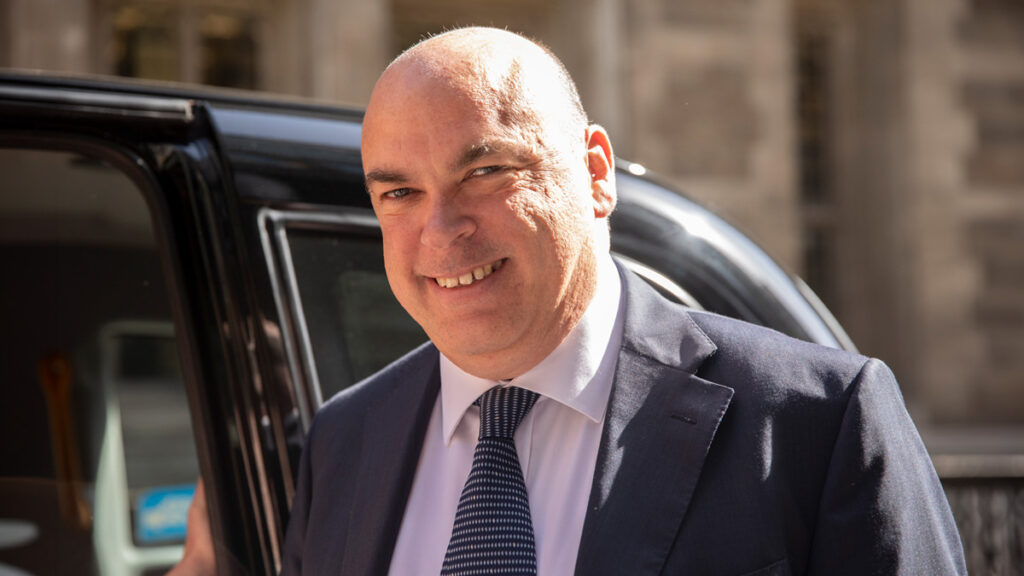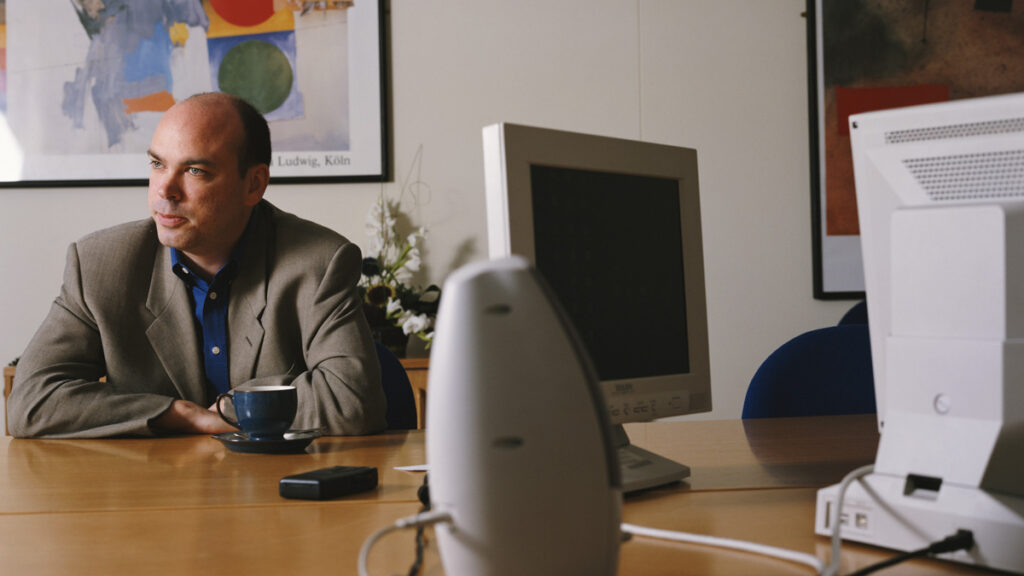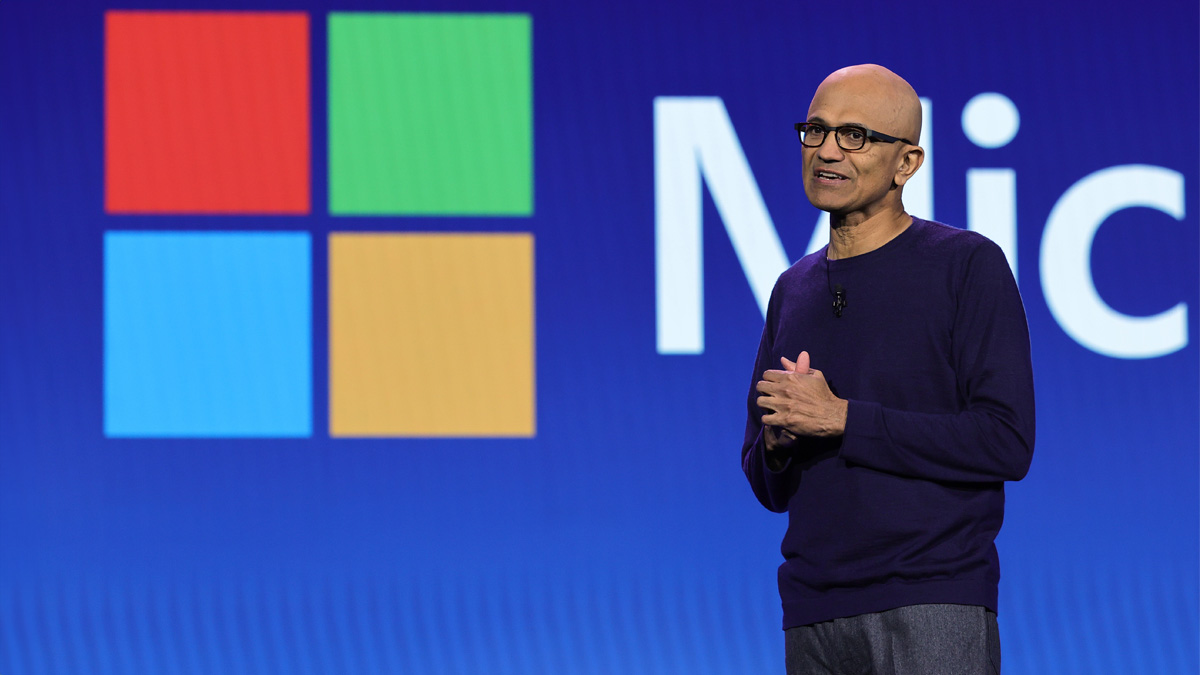The rise, fall and acquittal of Mike Lynch
Plus, Asda has a new owner, the ECB cuts interest rates and Liverpool owner John Henry on that European Super League move
 Mike Lynch (Image: Dan Kitwood/Getty Images)
Mike Lynch (Image: Dan Kitwood/Getty Images)
This article is an online version of our Off to Lunch newsletter. Sign up to receive it straight to your inbox here.
Autonomy founder Mike Lynch was cleared of fraud charges yesterday. The charges were related to the $11.1bn purchase of his company by HP, which wrote down its value by $8.8bn shortly after the deal.
“This verdict closes the book on a relentless 13-year effort to pin HP’s well-documented ineptitude on Dr Lynch,” said his lawyers after the conclusion of the 10-week trial. But what lessons are there in the case involving the man once referred to as the British Bill Gates?
Lynch smashed his way into the zeitgeist at the turn of the millennium when he became Britain’s first internet billionaire, aged just 35. His first company was Lynett Systems Ltd, which was set up in the late ’80s and produced designs and audio products for the music industry.
He founded Cambridge Neurodynamics, which specialised in computer-based fingerprint recognition, in 1991 and spun Autonomy out of that firm in 1996. The software company started out focusing on consumers but pivoted to corporate clients due to the larger order values.
The software could be used to process large data pools, extracting meaning from a jumble of information. The company listed on the NASDAQ in 1998 and in London two years later, just four months before the dot-com crash.
“It was like the Wild West back then for volatile stocks,” he told The Telegraph. “All sorts of things went on that don’t go on these days. It was very good training, you learn how to deal with quite outrageous situations.”
Autonomy racked up an impressive client list of more than 20,000 companies, including Boeing, Barclays, Oracle and Unilever. However, critics lined up to poke holes in the company’s figures. They also doubted the company’s underlying growth, claiming it was distorted by acquisitions. Regardless, the company accepted HP’s $11.7bn takeover bid in 2011, at the time the largest takeover of a British tech business.

Lynch and finance director Sushovan Hussain agreed to stay on post-acquisition, but cracks quickly began to show. HP boss Léo Apotheker lost his job and former eBay CEO Meg Whitman stepped in. A year later, HP wrote down the value due to alleged “accounting irregularities” and Whitman fired Lynch for missing his revenue and profit targets.
HP then sued Lynch and Hussain for $5bn in 2015, accusing the pair of inflating numbers by bundling hardware and software sales to improperly increase profits. Lynch fired back saying that HP rushed through due diligence to beat competitors to the acquisition.
The 2019 civil case dragged on for 10 months, with Whitman and Lynch exchanging blows. She said he was deliberately misstating its accounts and he said she was defecting blame. Hussain was found guilty and sentenced to five years in prison. Autonomy’s auditor was ordered to pay a £15m fine for “serious and serial failures” in its work for Autonomy.
Lynch was extradited to the US in 2022. Taking to the stand as the trial’s final witness, he maintained his innocence, saying he had focused on tech not accounting. He also maintained that the company wasn’t fraudulent but admitted it was “not perfect”.
The vital role of thorough due diligence and a solid understanding of your business’s financials are themes that immediately hop out in this case. Many a business study will be written on this topic, along with several podcasts and documentaries. But the UK tech scene is eagerly watching what Lynch will do next.
Business Question
Guess the company
- Postcodes were introduced for the first time
- Barclays become the first bank to install a computer
- The first takeover of a UK public company was completed (Tube Investments allied with Reynolds Metals to secure control of British Aluminium)
- Dragon Deborah Meaden, TV talent judge Simon Cowell and actor Hugh Laurie were born
The answer can be found at the bottom of the page.
Business in Brief
Everything you need to know
1. The European Central Bank made its first interest rate cut in five years yesterday. Canada, Switzerland, Sweden and Brazil have all made similar moves, which puts the ball firmly in the court of the US and UK. Read more here.
2. TDR Capital is set to become majority owner of Asda. The UK-based private equity firm has agreed to acquire Zuber Issa’s shares in Asda. The move comes after a rumoured rift between Zuber and his brother Mohsin. This brings the ownership of Asda to 67.5% by TDR Capital, 22.5% by Mohsin Issa and 10% by Walmart. You can see more here.
3. Close your eyes if you’re after a cheap pint in the nation’s capital. A new law could see the average price of a beer rise to £7.15 later in the year. Read more here.
4. The world’s fossil fuel industries should be banned from advertising to help save the world from climate change, says the head of the United Nations. You can read more here.
5. Meta has added AI-powered features to WhatsApp Business. The features include helping with the creation of click-to-WhatsApp ads and generating responses to frequent customer messages. The company also said it is testing AI-powered customer support that will automatically answer some customer queries. Read the full story here.
Business Quotes
Inspiration from leaders
“He who has never learned to obey cannot be a good commander.”
– Aristotle
Business Thinker
Ideas on the future of business and leadership
1. AI is a green curse as well as a blessing
2. When your smartphone tries to be too smart
3. Wake up and smell the coffee: working from home is here to stay
And finally…
The Financial Times has an extensive and rare interview with John Henry, the owner of Liverpool FC and the Boston Red Sox baseball team. He talks about his “well, why not?” attitude, crisis management and developing a strategic vision.
He also covers how sovereign wealth funds are changing sports ownership and that foiled European Super League attempt.
You can read the full article here.
The answer to today’s Business Question is 1959.



